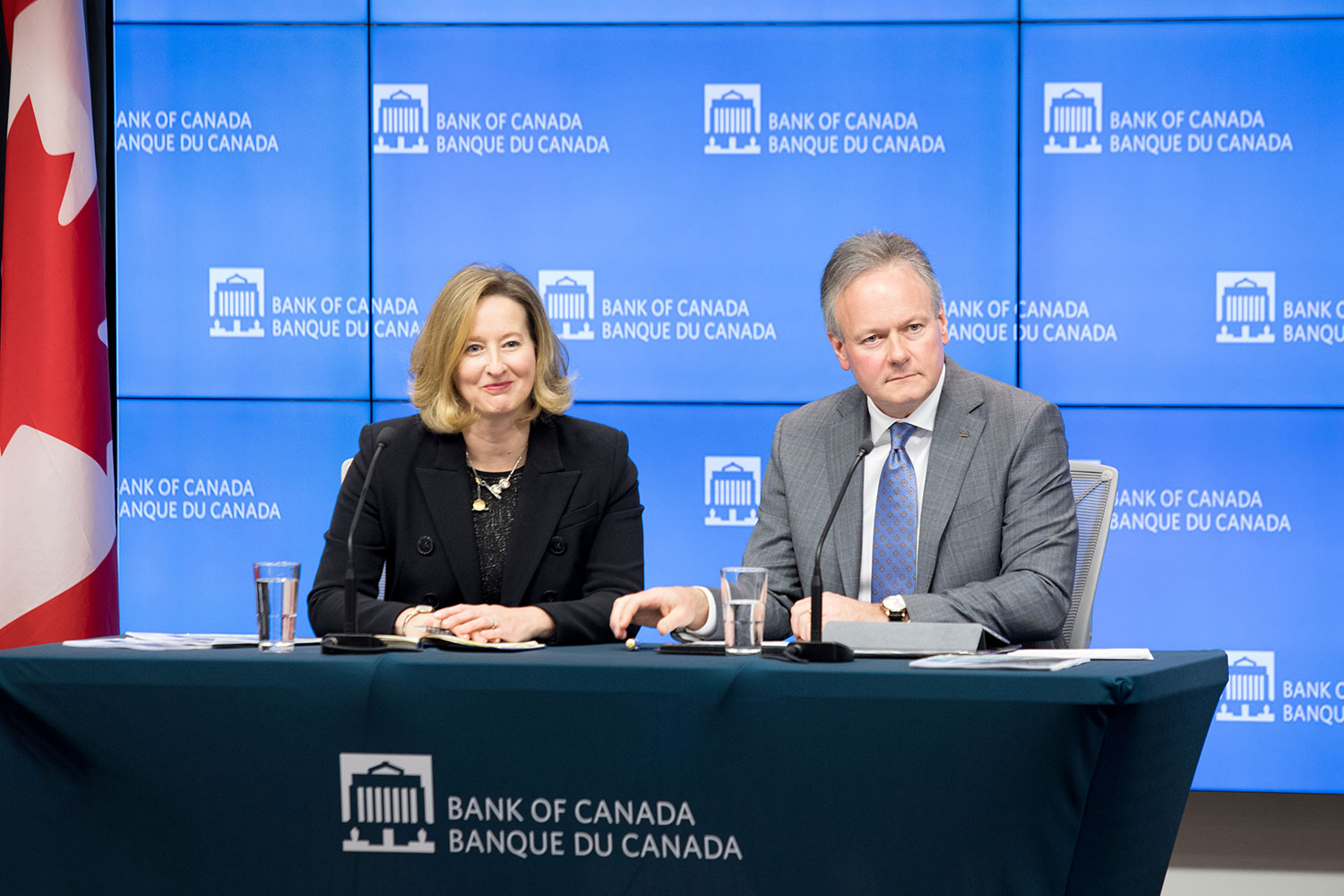
June 05, 2019 | Mario Toneguzzi
Bank of Canada senior deputy governor discusses health of housing market at Calgary Chamber
Ongoing weakness in Alberta's housing market "can be explained by adjustment over the past five years to continuing challenges in the energy sector," said Carolyn Wilkins, senior deputy governor of the Bank of Canada, during a recent speech at the Calgary Chamber of Commerce."Alberta and other energy-intensive regions have been on an economic roller coaster over the past few years. This has led to painful adjustments for many of you here and has also weighed on Canada's bottom line," said Wilkins.
"When it comes to the energy sector, we expect the current adjustment to continue. Between 2014 and 2016, energy investment dropped by 50 per cent. In April, based on discussions with companies, we estimated that investment in this sector would drop another 20 per cent before stabilizing. Investment should average around $40 billion over the next two years – that's still 15 per cent of total investment in Canada."
Outside of Alberta, she said the housing market has been a concern in other areas of the country as well, but signs of stabilization are emerging.
"Escalating tariff actions by the United States and China, and related tensions, have undermined trade and business investment. And housing, a linchpin of the recovery since the crisis, slowed sharply." - Carolyn Wilkins, Bank of Canada senior deputy governor
"The greater Vancouver market, which had been quite frothy, is still adjusting," she said. "This follows changes in mortgage financing rules, past increases in interest rates, and the provincial and municipal measures aimed at discouraging speculation and foreign buyers.
"Weather likely affected the Toronto area in recent months, and, while we need to see more data, that market is showing signs of stabilizing."
Wilkins said Canada's economic performance had been relatively solid until recently, but the end of 2018 and beginning of 2019 have set it back.
"As you here in Calgary know all too well, there was the drop in oil prices last autumn and ongoing transportation constraints," she said. "Escalating tariff actions by the United States and China, and related tensions, have undermined trade and business investment. And housing, a linchpin of the recovery since the crisis, slowed sharply."
In its April forecast, the Bank of Canada predicted economic growth in Canada will slow to 1.2 per cent this year from 1.8 per cent in 2018.
"Slower growth isn't all about trade uncertainty and the global slowdown. This outlook also takes into account the effect of lower oil prices and transportation constraints in energy-intensive regions," the forecast report reads. "Growth excluding these energy-related factors would be 0.3 percentage points higher. The outlook also accounts for the housing slowdown, which has been deeper and more prolonged than expected, particularly in the greater Vancouver and Toronto areas."
Tagged: Alberta | Bank of Canada | Calgary | Calgary Chamber of Commerce | Calgary Real Estate | Calgary Real Estate News | Calgary Real Estate News | Canada Real Estate | Economy | Economy | Energy | Housing Market | Housing Market | Toronto | Vancouver




